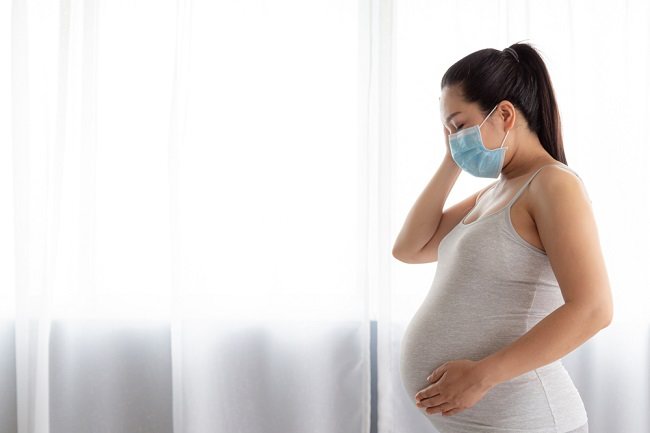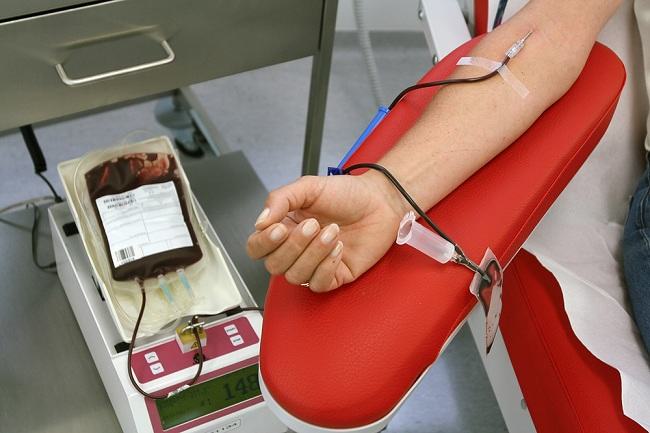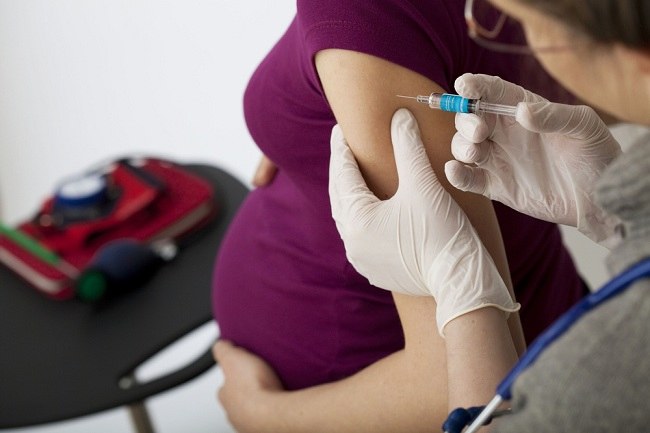Immunization is important to protect children from dangerous diseases. However, there are certain conditions in children that make immunization should be postponed. Come on, Bun, find out what are the conditions for delaying child immunization!
There is an opinion that immunization should be delayed in children who are sick. However, the mother actually needs to identify first whether the illness suffered by the Little One is severe enough that it is necessary to delay immunization, or whether the illness is mild and can still be immunized.

Minor illnesses that are still allowed to be immunized
Children who are mildly ill are actually still allowed to get immunized. This is because the minor illness experienced by the child will not affect the body's response to immunization. Immunization actually builds protection against disease in mildly ill children as well as healthy children.
Generally, children with the following conditions can still receive immunizations:
- Mild fever, less than 38 degrees Celsius
- Ear infection or otitis media
- Mild diarrhea
- Cough or runny nose
- Are taking antibiotics
Although immunization can cause side effects, such as fever or pain at the injection site, immunization does not worsen the condition of a child who is mildly ill. However, if in doubt, you should check your little one first before getting immunizations.
Postpone Child Immunization if You Have This Condition
Minorly ill children are still allowed to receive immunizations. However, if the child suffers from a serious illness, whether accompanied by fever or not, immunizations must of course be postponed until the child is well.
Some of the conditions that make immunization in children should be postponed include:
1. Chronic pain
Postpone child immunization first if your child suffers from a chronic disease, such as cancer. This is because immunization reactions, such as fever, can complicate the diagnosis and treatment of chronic diseases. For example, symptoms of illness can be mistaken for symptoms of the body's reaction to immunization.
2. Severe allergies
It's best to postpone child immunization if your child has ever had an allergic reaction due to immunization. Do not forget to consult with your doctor about this condition before rescheduling for immunization.
3. High fever
If your little one has a high fever, which is more than 38.3 degrees Celsius, you need to postpone the immunization schedule. The reason is, high fever can make it difficult for doctors to detect if certain reactions occur after children are immunized.
4. Weakened immune system
A weakened immune system is usually experienced by children undergoing chemotherapy or certain medications after a transplant.
Although immunization is safe to give, if it is given to children whose immunity is low, immunization cannot work optimally as in healthy children. Some immunizations can even trigger disease in children with weakened immune systems.
Remember, yes, bud. Delaying child immunization does not mean your child does not need vaccines. So, don't forget to reschedule immunizations, so that he is not too late to get immunizations. Mothers can consult a pediatrician to ensure a safe time for your little one to get immunized.









